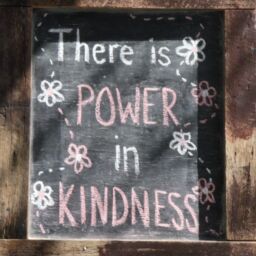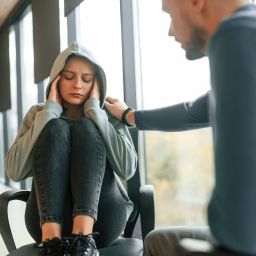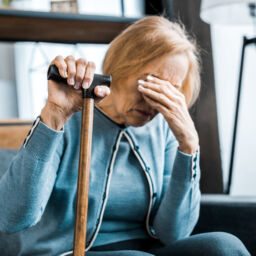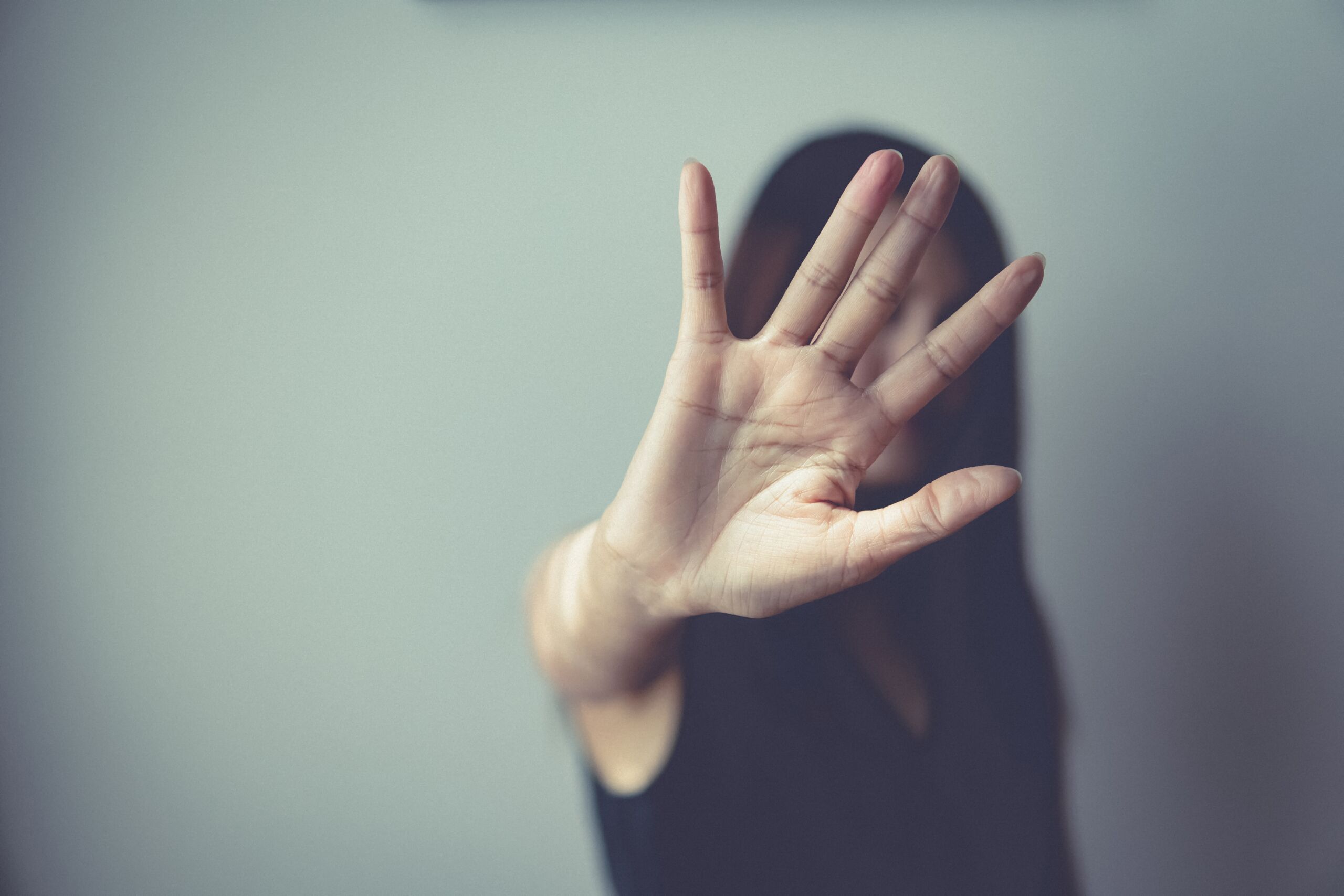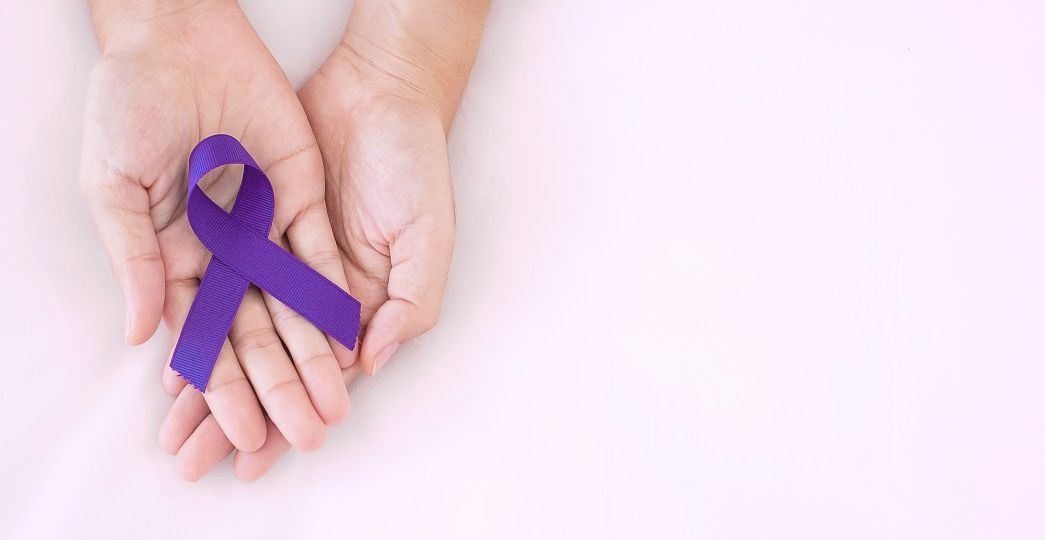
October is Domestic Violence Awareness Month, which has been nationally recognized since 1989. This form of abuse affects over ten million individuals per year in the United States. It has been reported that one in four women and one in nine men have been affected by Domestic Abuse sometime in their life (Huecker, King, Jordan, & Smock, 2021).
So how can we help those in need and raise awareness this month and every day?
Contact your State/Local Coalition
You can search your Local Coalition to help ensure perpetrators are brought to justice and help local legislation enforce protection for victims and their families. You can search for your Local Coalition by selecting your state on nnedv.org. They will help contact local Domestic Violence officers and program creators to help strengthen the area you live in to create a safer environment.
Notice the Red Flags
Sometimes we may not recognize Domestic Violence right away, especially when it comes from someone we care about. Some warning signs that you, a friend, or a family member is being abused are: limiting time with friends and family, gaslighting, unrealistic demands, pressure to partake in alcohol or drug consumption, intimidating with weapons, destroying belongings, and more. If you see any of these warning signs, please reach out to a trusted source for immediate protection and security (Rescue.Org, 2020).
Reach out for Help
If you know anyone who needs assistance and protection, including yourself, you can call the free Domestic Violence Hotline at 1–800–799-SAFE (7233). They also have a discrete chat if calling a live representative is not an option in your current situation. Always reach out to local authorities in time of immediate need (Domestic Violence Awareness Project, 2020).
Tell Your Story to Strengthen the Collective
There is immense and incredible strength in collective life experiences. The more bravery we see in others to speak up about our past or present experiences, the more strength we can help others harness as well. There is true healing when we can connect on an emotional level with individuals who have experienced similar struggles. Even if you don’t share your whole story, just speaking to someone close to you or a trusted source is the first step for anyone to find peace and heal. Click here for more information on sharing your story with ARO.
Wear Purple
Something as simple as putting on a purple shirt or outfit to show your solidarity and support in ending Domestic Violence can help start this incredibly important conversation. Raising awareness and collectively starting the conversation about how we can end Domestic Violence and help others heal from their experiences is just the first step.
Source
Huecker MR, King KC, Jordan GA, Smock W. “Domestic Violence.” StatPearls Publishing. 2021. https://pubmed.ncbi.nlm.nih.gov/29763066/.





